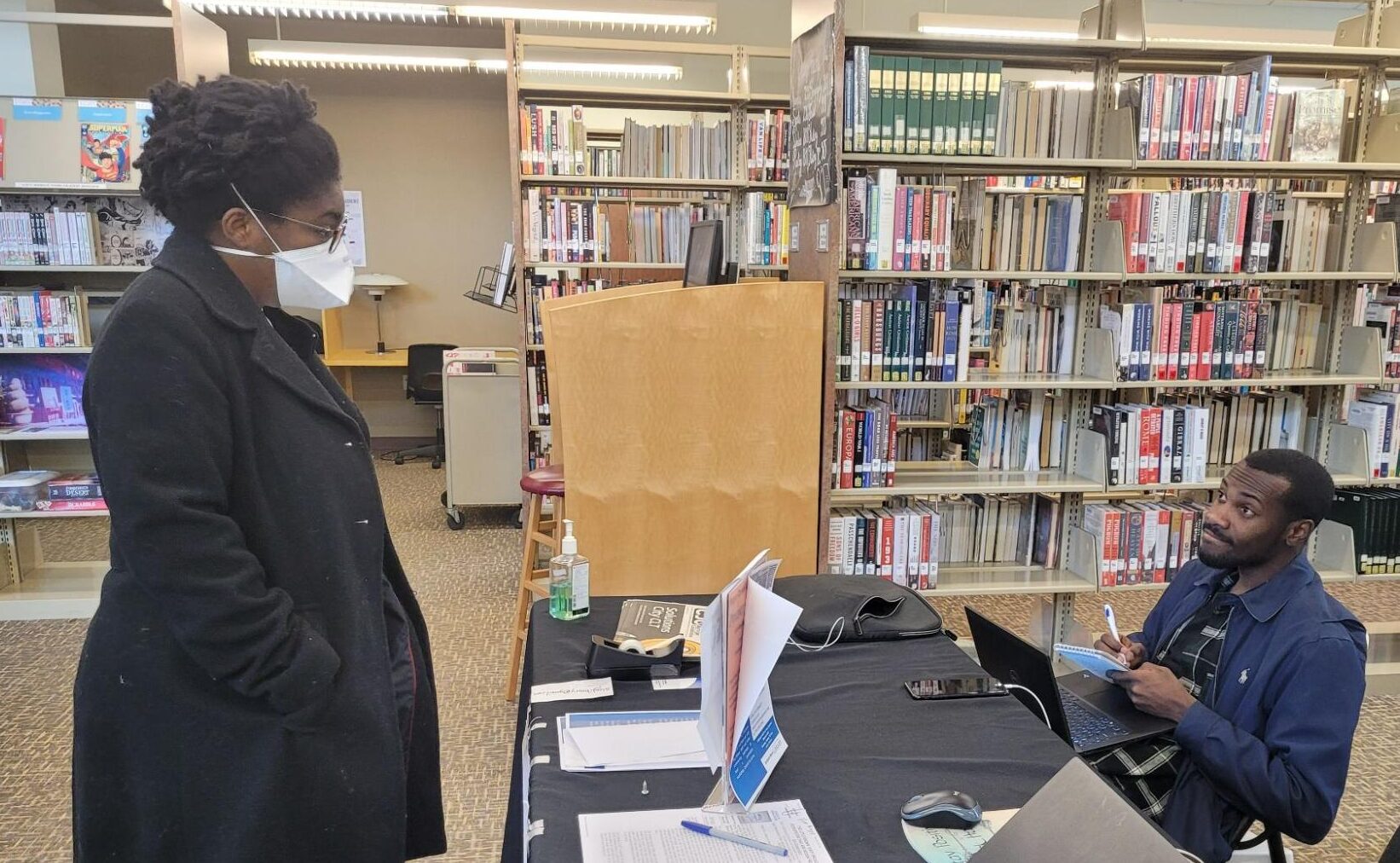- Digital Media Products, Strategy and Innovation by Kevin Anderson
- Posts
- Leveraging mobile tools and technques for local journalism engagement
Leveraging mobile tools and technques for local journalism engagement
Managing "AI transformation" in your media organisation

My day job is focused on mobile in a way that it hasn’t been through most of my career, but I have always tended to think of mobile in a very expensive way. And texting - good ‘ole SMS - is a powerful tool because of its low cost and ubiquity. This piece from the Reynolds Journalism Institute has a step-by-step process on how to use AirTable, Twillio and the Forminator WordPress plugin to allow community sports supporters to submit game results. They have developed the process with low or no-cost tools so that local news outlets can replicate it. So much of my career has been about coming up with systems like this so, of course, I love it!
Continuing the theme of local, mobile community journalism, Better News has a case study with the Charlotte Observer on how their mobile newsroom has worked to engage “historically underrepresented communities”. Of the takeaways, a few stand out for me. As a former library board member, I see that they have partnered with local libraries, which I think can be an excellent way to connect with the community. Partners are so important as both entry points into communities and also as ways to amplify your coverage. One partnership that I started but wasn’t able to carry on as much as I wanted was with our local schools. Young journalists had lost their printed student newspapers so having an opportunity to highlight them in the newspaper was a way for them to get the experience and exposure that they wanted. I think local networks are critical to renewing local communities that have suffered from underinvestment and disruption. I saw the power of engagement events when I was a local news editor. It helps build relationships, and one the favourite parts of my job was being out in the community. And my own example shows why it’s important to retain these connections that you build. You can quickly lose credibility with the community if you drop in and then leave without a trace.
An interesting overview that could be said of any technology adoption process. It requires leaders who are able to cross boundaries in your organisation and understand the needs of both internal stakeholders as well as your audiences. Working as a digitally-oriented journalist, I often said that I used cutting-edge tools but remained rooted in traditional journalism values, and this piece explains how your business strategy and editorial values shouldn’t change. You need to remain committed to your North Star goals. AI will affect how you achieve those goals not the goals themselves. And one last thing, data was important and will only become even more so in the age of AI.
On our old Macs, my wife Suw said that she knew when she had landed on a news website because the fans would spin up due to the heaviness of the sites. They were overloaded with trackers and ad tech, and this review by the Press Gazette adds some data to what we experienced.
(Note, using Ghostery during some training I was doing several years ago, I once showed an Indian ad ops person how I could track each of 111 trackers that they had on their site. His jaw dropped.)
I recently was having a discussion on the News Product Alliance Slack with a person who was gathering data and anecdotes about what it required to launch a successful podcast. The editorial employee was adamant that a quality podcast would cut through and become successful with no marketing or audience development strategy. Almost everyone who weighed in had data and examples of why this wasn’t true.
Competition for attention and money in the podcast industry is only increasing, and here is another data point as Malcom Gladwell’s podcast company lays off half of its staff and replaces Gladwell as president.
DAUs and new users are down at Threads, and Meta is seeking new ways to re-engage people after a promising start. (I’ve started rotating days to use the new social media platforms. It’s Wednesday today, which is BlueSky day!)
How much will individual contributors make for allowing their content to be used to train AIs? ¯\_(ツ)_/¯
This is interesting. The Telegraph is up for sale, and Germany’s Axel Springer is interested in buying it.






